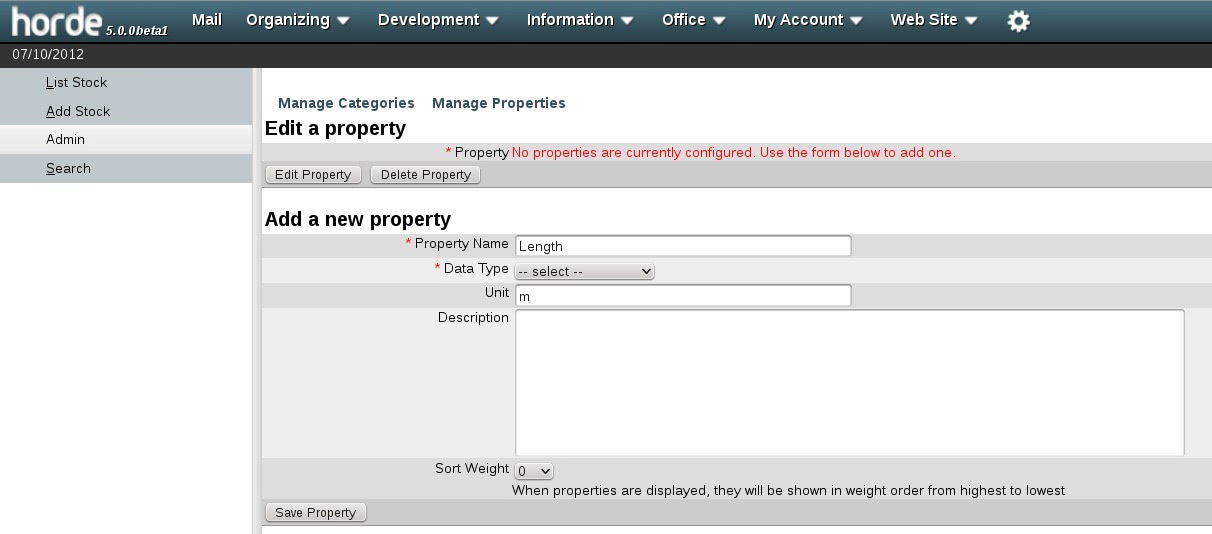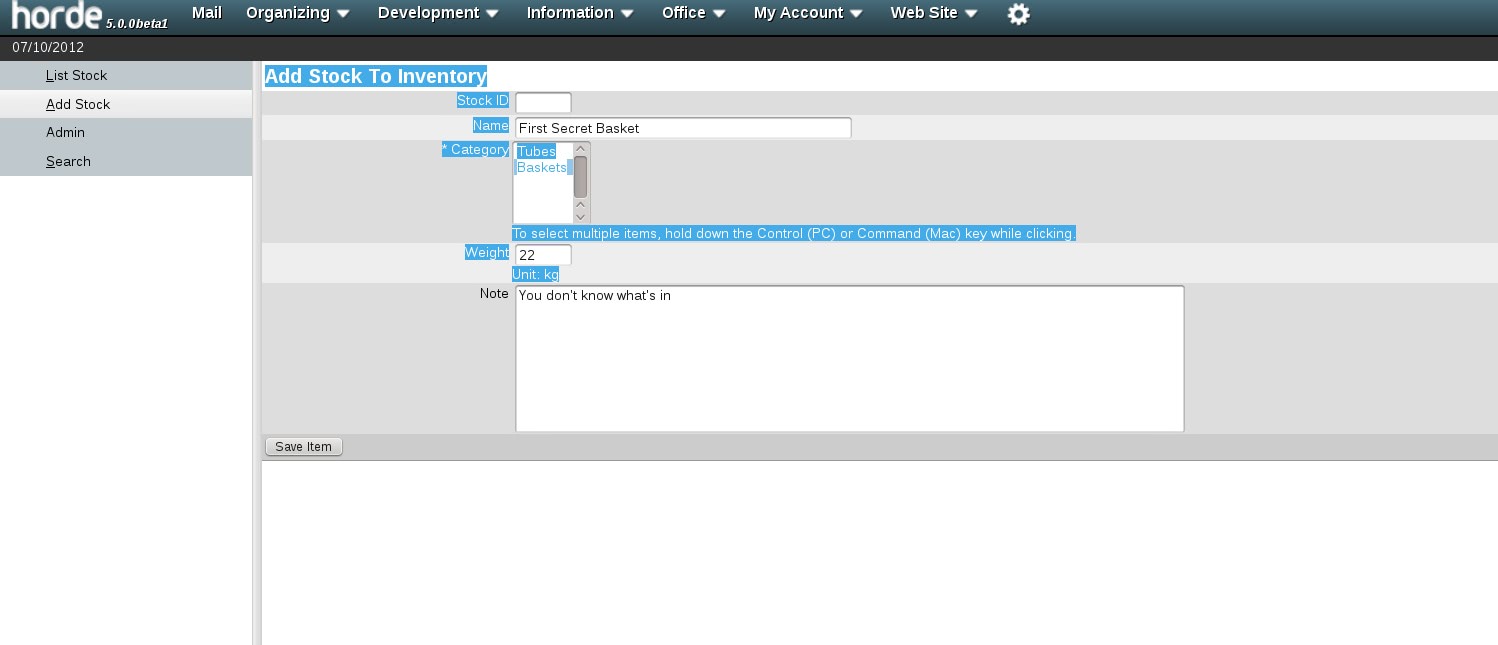Now that Horde Groupware 5 has been released as stable software, a lot of users noticed the shortcomings of the PEAR packaging systems. It does not provide an easy and smooth way to upgrade Horde 4 to the latest bugfix version anymore. If you run Horde 4 apps that have not been ported for Horde 5 yet, you need to be very cautious which pear commands you run. A simple pear upgrade -c horde would break your existing installation because it would upgrade everything to the most recent major version. This is not desirable for production systems. Distribution packaging is the solution to this. Receive only compatible upgrades until you decide to do a major upgrade.
Distribution packages of Horde 5 are available for openSUSE and SUSE Linux Enterprise Server from the isv:B1-Systems:Horde5:rolling project.
These packages include development snapshots of unreleased applications like Passwd for Horde 5. They have been modified to fit into the distribution specific standard directories, install regular jobs the distribution way etc. For example, the distribution apps don’t have separate .htaccess files but provide a ready-to-run apache2 vhost config.
Under debian however, nobody stepped up to help the main debian horde packager, Mathieu Parent, to finish the Horde 5 packages in time. This means, the next stable Debian release will probably not include Horde 5.
I have talked to Mathieu and built a patch for the Open Build Service which facilitates PEAR packaging for debian targets.
You can see the progress of debian packaging by adding the Debian repository of the project to your /etc/apt/sources.list file
cd /root/
echo "deb http://widehat.opensuse.org/repositories/isv:/B1-Systems:/Horde5:/rolling/Debian_6.0 ./" >> /etc/apt/sources.list
wget http://download.opensuse.org/repositories/isv:/B1-Systems:/Horde5:/rolling/Debian_6.0/Release.key
apt-key add Release.key
apt-get update
As of today, the repository only contains php-horde-autoloader but it I aim to fill it with all ~ 100 Horde pear packages (minus the bundles).
If you need business critical, supported Horde 4 or Horde 5 packages for openSUSE/SLES, Redhat/CentOS, Debian, Ubuntu or special architectures like ARM or Itanium, don’t wait for community action but ask for a commercial solution.


